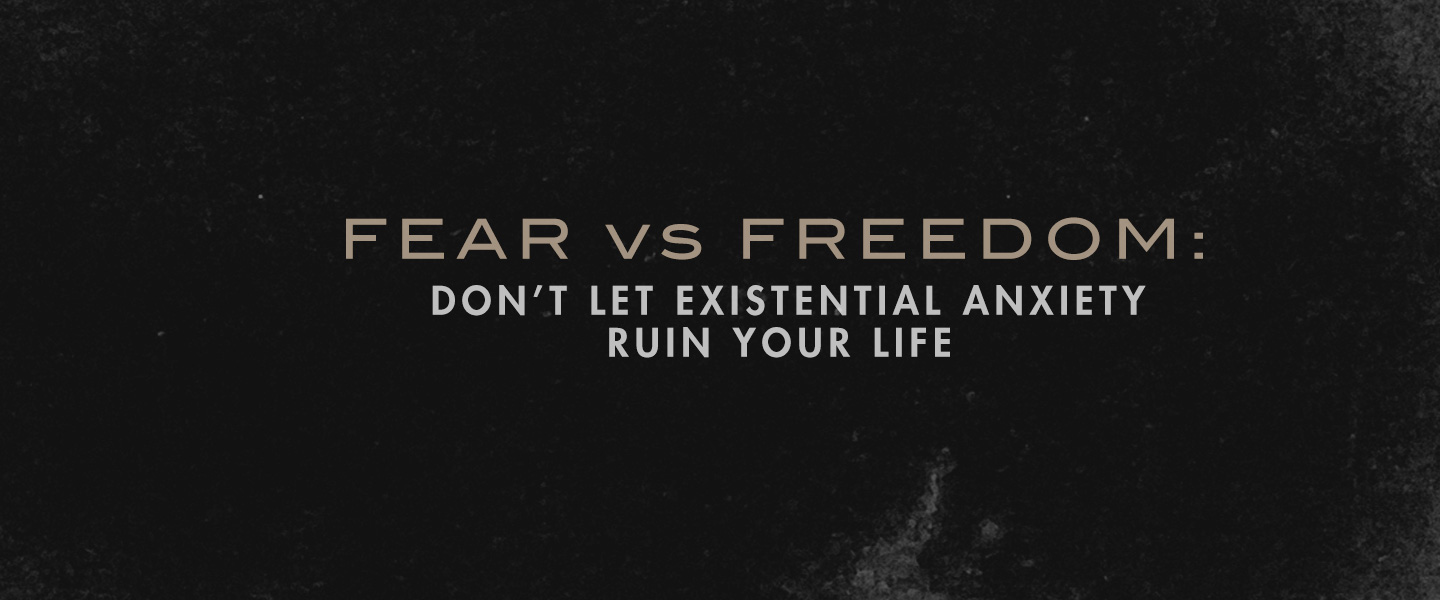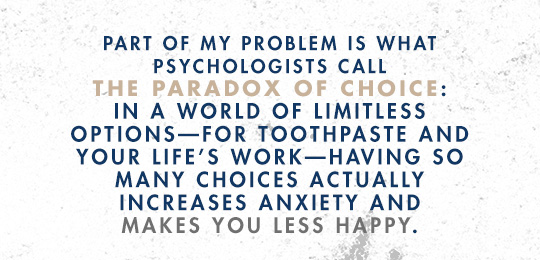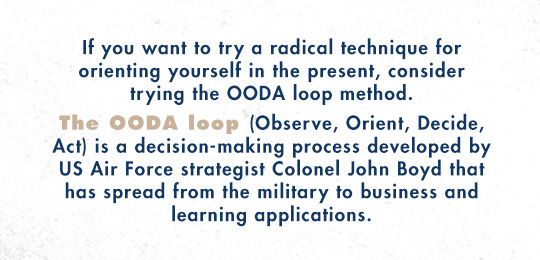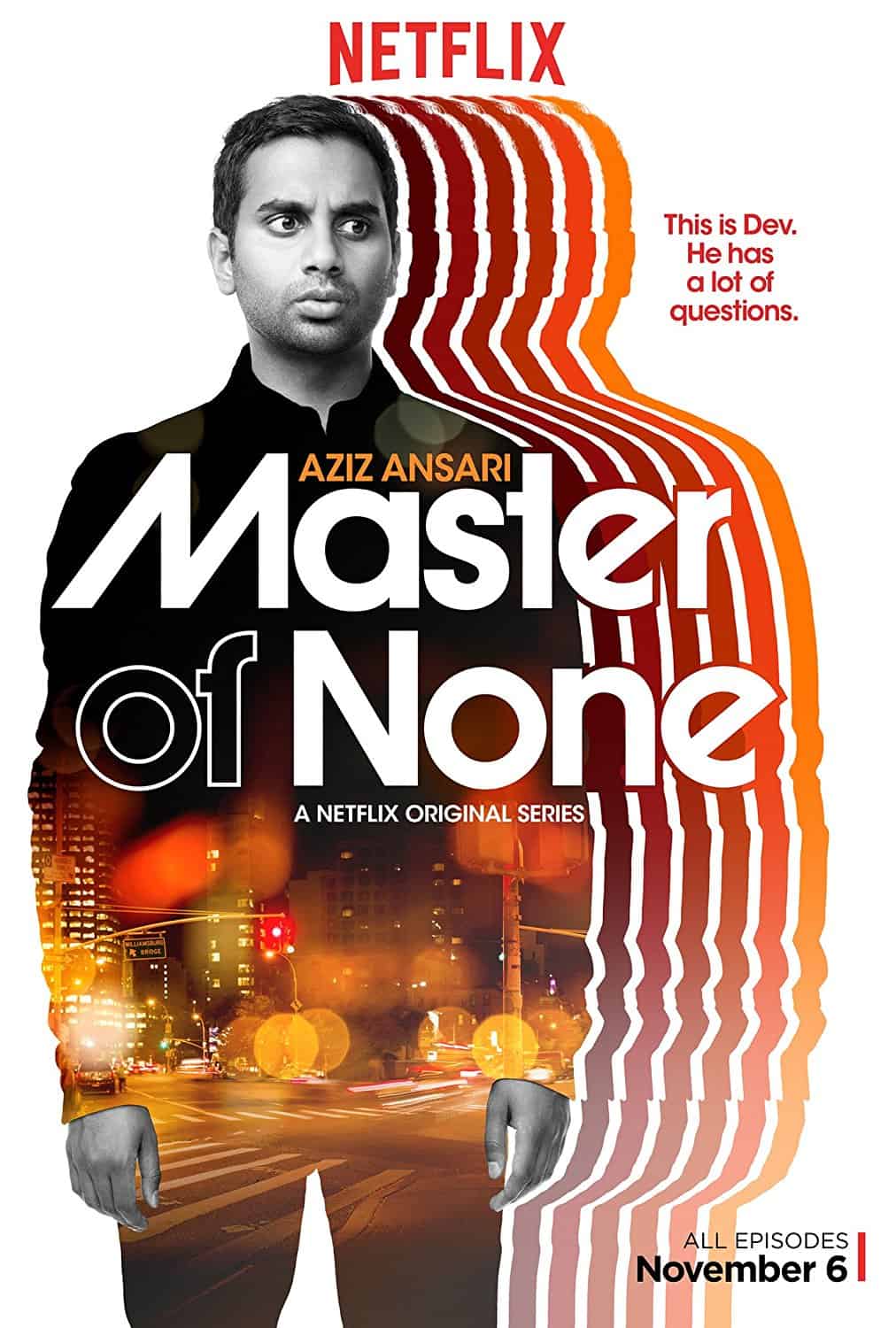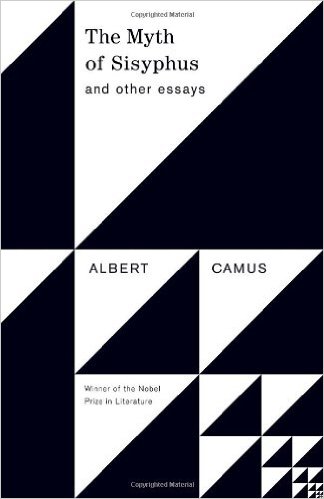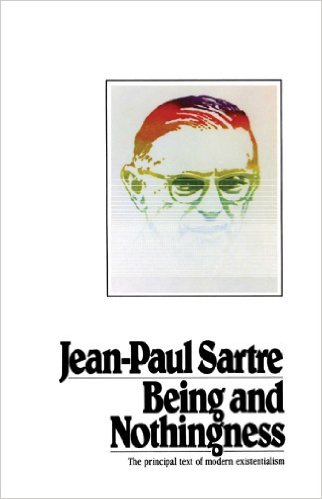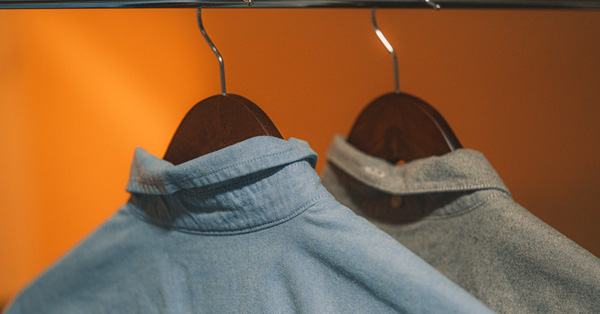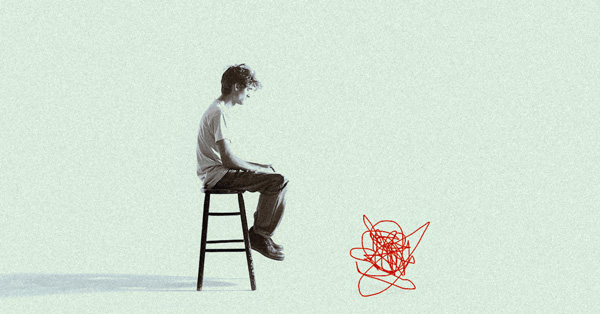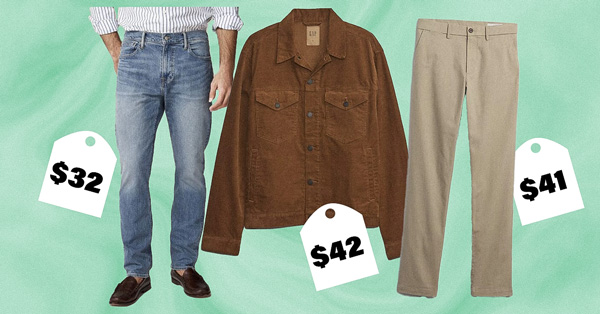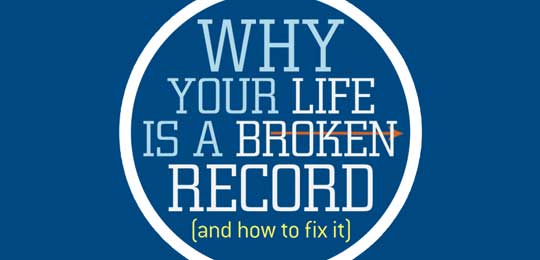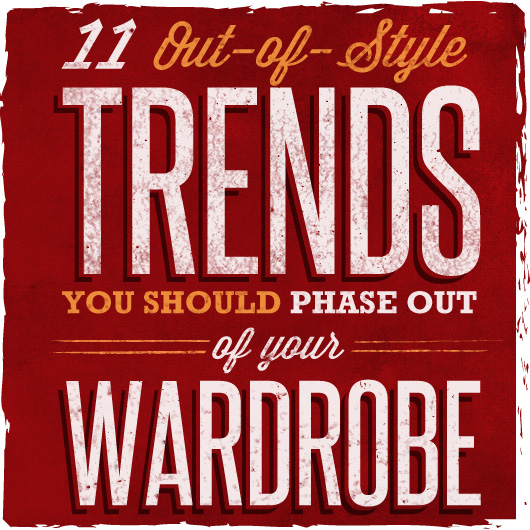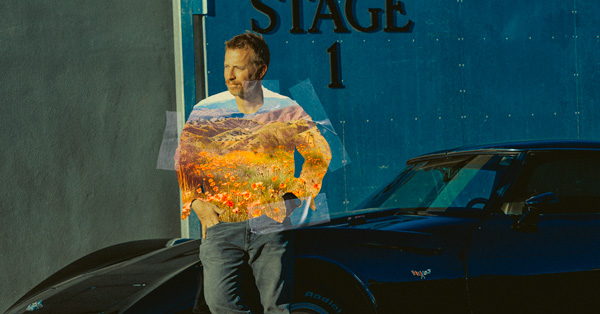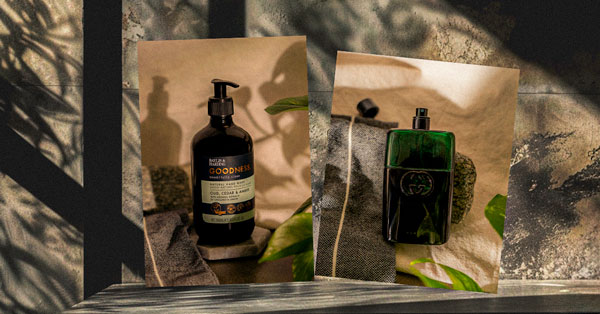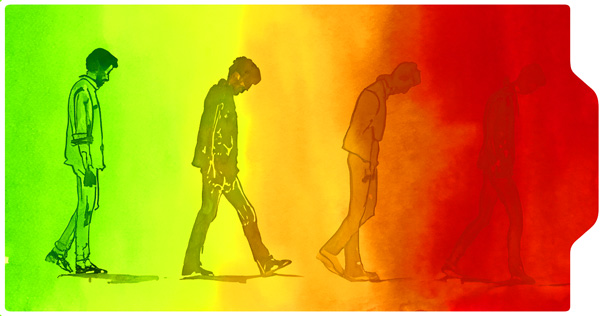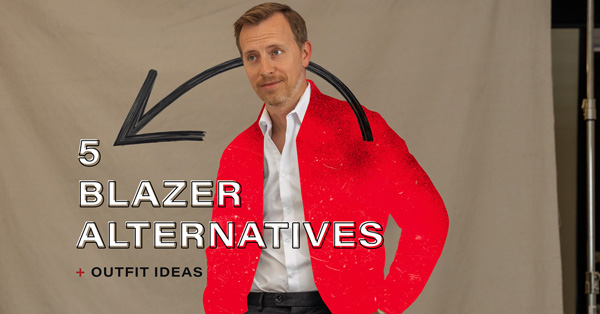Your mid-20s to early-30s are a heck of an exciting time. You’ve found your feet in the working world and are opening up new horizons of possibility. Your relationships—and romances—are more mature, rewarding, and committed. You’re beginning to feel like, well, a bona fide adult.
Or you’re paralyzed by anxiety and doubt.
If so, you’re not alone. According to the National Alliance on Mental Illness, 18.1% of Americans experienced an anxiety disorder in 2015, and anxiety is at an 80-year high amongst young people. It’s a major public health issue, and guys like you and me are far from immune.
Disorder can seem like a strong word. But simply put, if some hang up is interfering with your success in life, then it's a problem.
Here’s my story: I graduated college with loans. A lot of loans. And paying them off was my number one goal in life.
For three years I saved like a miser. Suffered through the hottest summer on record with no AC. Worked by candlelight to save on bills. Got by on one pack of Ramen a day, and there were days that I simply didn’t eat at all. It was going to be worth it, I told myself, because debt was the one thing holding me back. And then it happened.
My loan balance read a beautiful $0.00 owed. I was a free man. I answered to nothing and no one. I could do anything in the world.
I was terrified.
Terrified of what? As much as I hated my debt (and I hated it with a fiery passion), my student loans were both a prison…and a shelter. As long as I was living with a single-minded passion to be debt-free, I could avoid the crippling existential questions lurking at the edges of my mind:
In a world where you’re told you can go anywhere, do anything, be anyone, what if I didn’t get to try everything I wanted? What if I wasted my time pursuing the wrong goals? How—how on earth—was I going to know what were the right decisions?
I was free from debt. But I was still losing sleep. I can’t count the nights that I laid awake in the darkness, trying to analyze and evaluate a hundred different options, a hundred different plans. Weighing one nagging “what-if” against another.
I was suffering from a kind of existential anxiety and it was wrecking havoc on the life I’d worked so hard to build. I’m guessing there’s a decent chance that you’ve wound up in that same place at some point in your life, and while I haven’t figured out how to exorcise the anxiety that haunts me—and maybe I never will—I have learned how to be stronger than it by using these three truths:
1. You Can’t Be Everything, You Have To Be Something
The fact that you can be anything doesn’t mean you get to be everything. Part of my problem is what psychologists call the Paradox of Choice: in a world of limitless options—for toothpaste and your life’s work—having so many choices actually increases anxiety and makes you less happy.
In other words, when it comes to choice, more may actually be less.
In my own short life I’ve come to understand how wasteful it is to whittle away time in ceaseless deliberation. I know that I would rather reach the end of my days having done something rather than wasted my time so paralyzed by fear that I never got to be anything.
A good place to start is identifying your long-term goals and priorities, and using them to rule out some of the more fringe ideas for what you might do. For example, you might value creativity and want more of it in your career, but it doesn’t mean you have to quit your life and go back to art school. Another idea is working with a life coach who can provide exercises to help you explore different options in a constructive (and not paralyzed) way.
You could also try a technique called “Dreamlining” developed by Tim Ferriss, author of The 4-Hour Workweek. Dreamlines allow you to define what you want your life to be in various areas and then work backward from there to create specific, achievable goals. Ferriss breaks it down here, and even offers an Excel worksheet to help you get started. Dreamlines are revolutionary because they can help you see your ideal life is actually only a few steps removed from your actual life.
2. You Can’t Control The Past, You Can Control The Present
What-ifs are not your friend. “What if I had gone to a different school? What if I picked a different major? What if I asked her out when I had the chance? What if I stayed at my old job?”
I’ve spent more time re-hashing the past than I care to admit. Everyone has regrets but you don’t have to let them pull you down. And fortunately, all those what-ifs have a name: buyer’s remorse.
If you’ve ever made a choice and then regretted it afterward, you’ve experienced buyer’s remorse and it doesn’t just apply to cars or relationships. It’s a feeling fueled by the fear you may have made the wrong choice and it can eat up a lot of your valuable mental bandwidth. The first step in overcoming it? Accept what’s in the past and look forward.
There’s nothing more crucial to your success than your ability to leave the past in the mud where it belongs. You don’t have to be happy about it and we don’t have to pretend that you’ll never have a regret in the future. They happened and they will happen—it’s as simple as that. It’s only when we come to terms with the things we can never change that we have any hope of affecting the things that we can.
If you want to try a radical technique for orienting yourself in the present, consider trying the OODA loop method. The OODA loop (Observe, Orient, Decide, Act) is a decision-making process developed by US Air Force strategist Colonel John Boyd that has spread from the military to business and learning applications.
For our purposes, the key insight of OODA is that we often get stuck in the Orient phase. This is where our past, conditioning, prior knowledge, and the data from the Observation phase all come together, often creating a logjam that inhibits further action. The whole idea of OODA is to speed up decision cycles so you’re getting to Action a lot faster. Try thinking of each decision you have to make about your life as a single loop that must end in action and watch how your thinking un-sticks.
Observe, Orient, Decide, Act—and repeat infinitely to adjust the course as you go. Freedom isn't about getting a major decision right, it's making the commitment to allow yourself to make changes once you make a decision.
3. You Don’t Need Clarity, You Need Courage
You can spend your whole life asking yourself “what if things go wrong?” but what you need to be asking yourself is “what if things go right?” Courage is the ability to see the upside of a risk and be willing to accept the downside. Courage is that which allows you to live life boldly as you blaze your own trail. It’s not the knowledge that you’ll make the right choice but the conviction that what you’re fighting for is worth the risk.
Ultimately, the willingness to take risks is freedom. For all the anxiety and possible regret, it’s the only thing that allows us to live with true integrity, dignity, and on our own terms. For me, there are still terrifying days and there always will be. But if that’s the price I have to pay for freedom, well—I wouldn’t trade that for all the certainty and security in the world.
So where to find your courage? In my experience, courage isn’t a trait you’re born with, like blue eyes; it’s a habit. And like any habit it can be developed with practice. A technique I’ve developed is called Appointments & Accountability. Here’s how it works.
Take the the smallest, most immediate task in your Dreamline (from above) and make an appointment to accomplish it this week. Then, tell a friend, partner, or your Twitter feed about your appointment, and use the social accountability to help you actually meet your goal. You need both the Appointment and the Accountability for this to work—a specific appointment in your phone or planner backed up by single person who knows about it.
It helps to start small—sign up for a class, join a discussion group, challenge yourself to just gain exposure to a life direction you’re interested in. Small courageous decisions turn into big ones with time. Add up enough Appointments—and you have yourself a new life.
Required Reading (and Viewing)
Besides being just a generally hilarious and bitingly clever show (available on Netflix), Aziz Ansari’s Master of None heavily deals with this issue, and with the added bonus of showing it from a Millennial perspective.
While Camus’ iconic essay does have some less-than-charitable comments on suicide, he does give us one of the most stirring and compelling essays on not only finding freedom in the world, but taking joy in it.
Jean Paul Sartre’s flagship work is no easy read, but for the intrepid reader, it will be one of the most rewarding, insightful, and thought-provoking books you’ll ever hack your way through.



